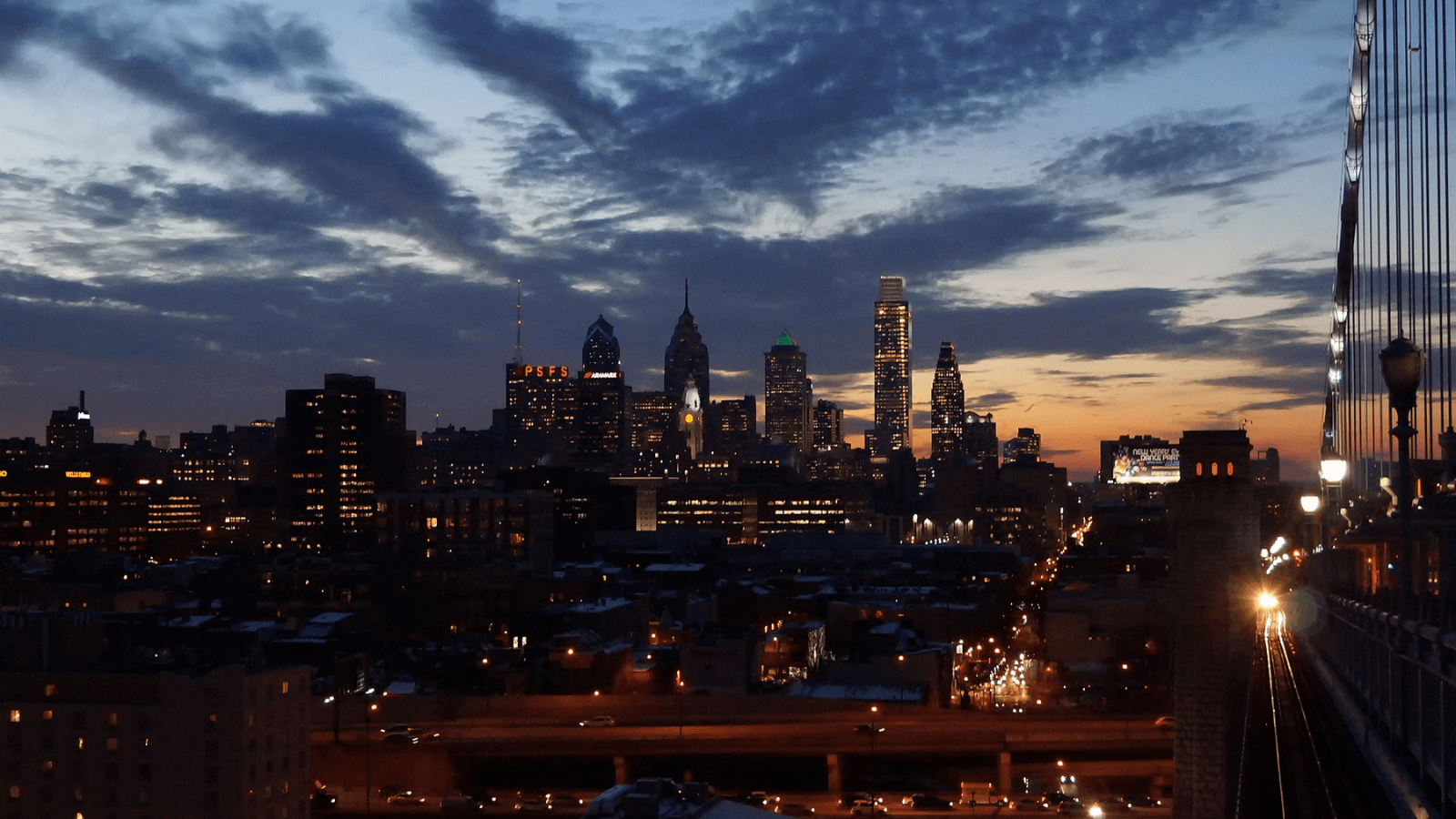
On December 15, 2021, Republicans in the Pennsylvania House voted to approve a joint resolution to deny the Independent Regulatory Review Commission’s vote earlier this year affirming that joining The Regional Greenhouse Gas Initiative (RGGI) is appropriate and necessary. While disappointing, it not unexpected, as our Legislature has—unfortunately—been consistently supporting the fossil fuel industry over our children’s health and the lives of those affected by the pollution the industry generates.
Defending life and advancing fairness by reducing pollution is key to the Biblical mission of the Evangelical Environment Network, and we’re not alone. Over 30,500 pro-life Christians submitted comments during Pennsylvania’s Department of Environmental Protection open comment period for the Regional Greenhouse Gas Initiative (RGGI), urging the state to join RGGI in order to protect the health of vulnerable Pennsylvanians and to create clean energy jobs in the state.
In overwhelming numbers, Pennsylvanians embrace such change. According to a poll from Climate Nexus, the Yale Program on Climate Change Communication, and the George Mason University Center for Climate Change Communication, 72% of Pennsylvania voters support Pennsylvania joining RGGI – a multi-state, market-based initiative to reduce carbon dioxide and other pollutants like soot, sulfur dioxide, and nitrous oxides (chemicals that form smog) from power plants.
It’s well past time to transition to a clean energy economy. Pennsylvania can no longer continue to depend on dirty fossil fuels. Today we can have the energy to power both our economy and a clean environment. We no longer need to choose between a strong economy and the life and health of our children, including the unborn. Now that Republicans in both Chambers have expressed their unhappiness with Governor Wolf’s RGGI process, we hope they will turn to crafting legislation that will use the RGGI proceeds ($500 million to $1 billion per year) to benefit all Pennsylvanians, especially those in energy transition communities and low-income communities of all colors who have been forced to live in the most polluted areas of Pennsylvania.






